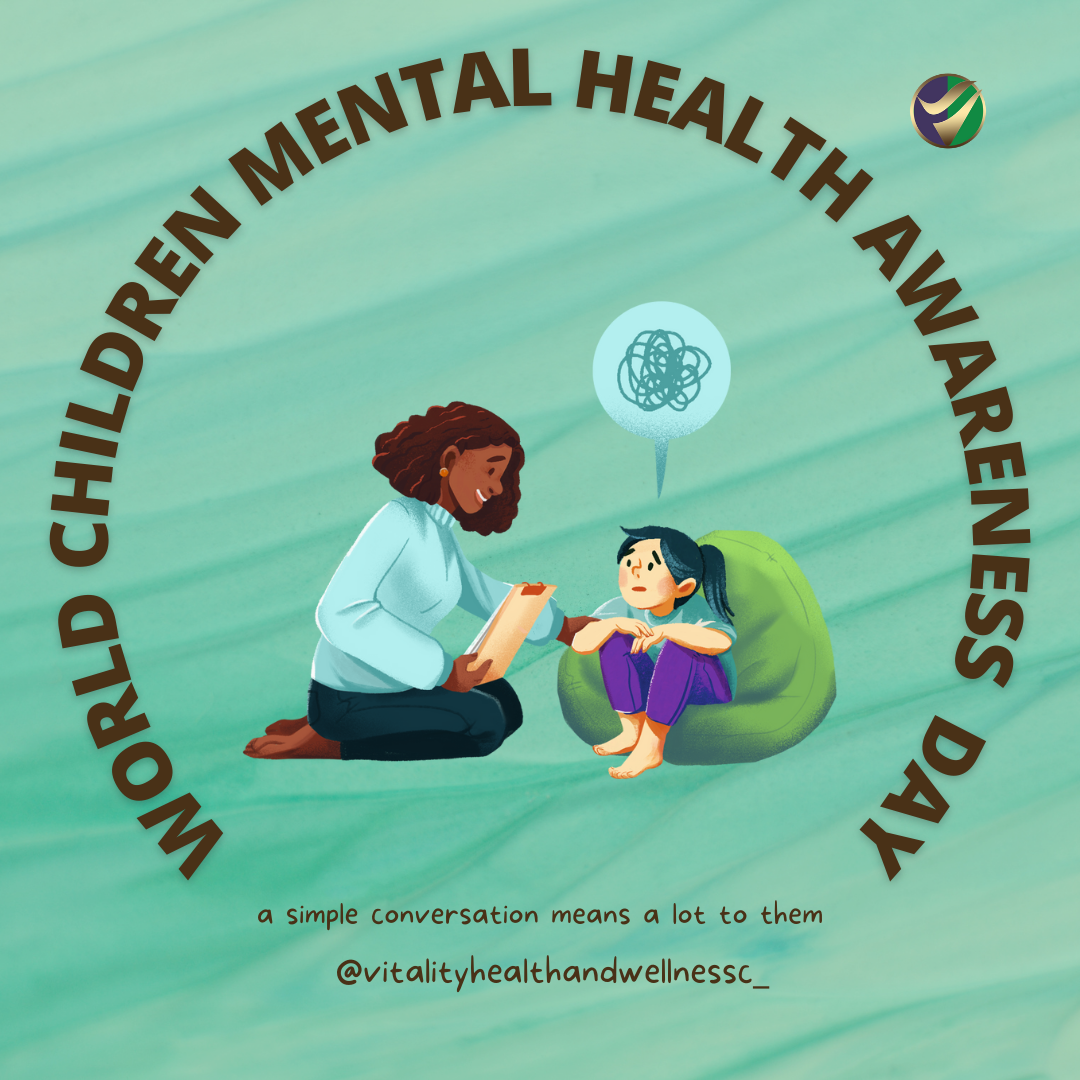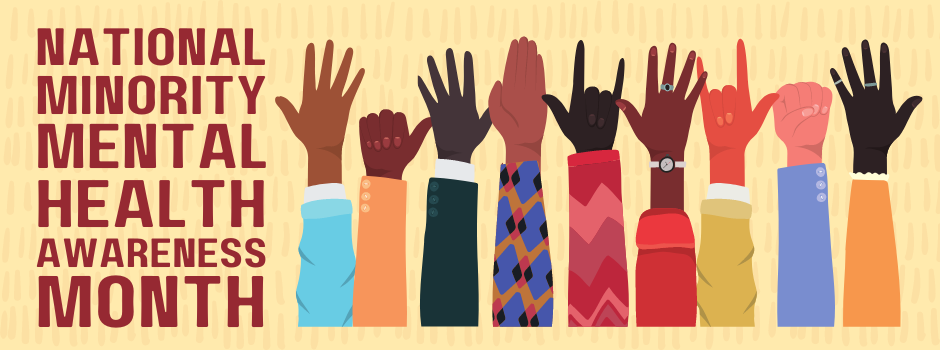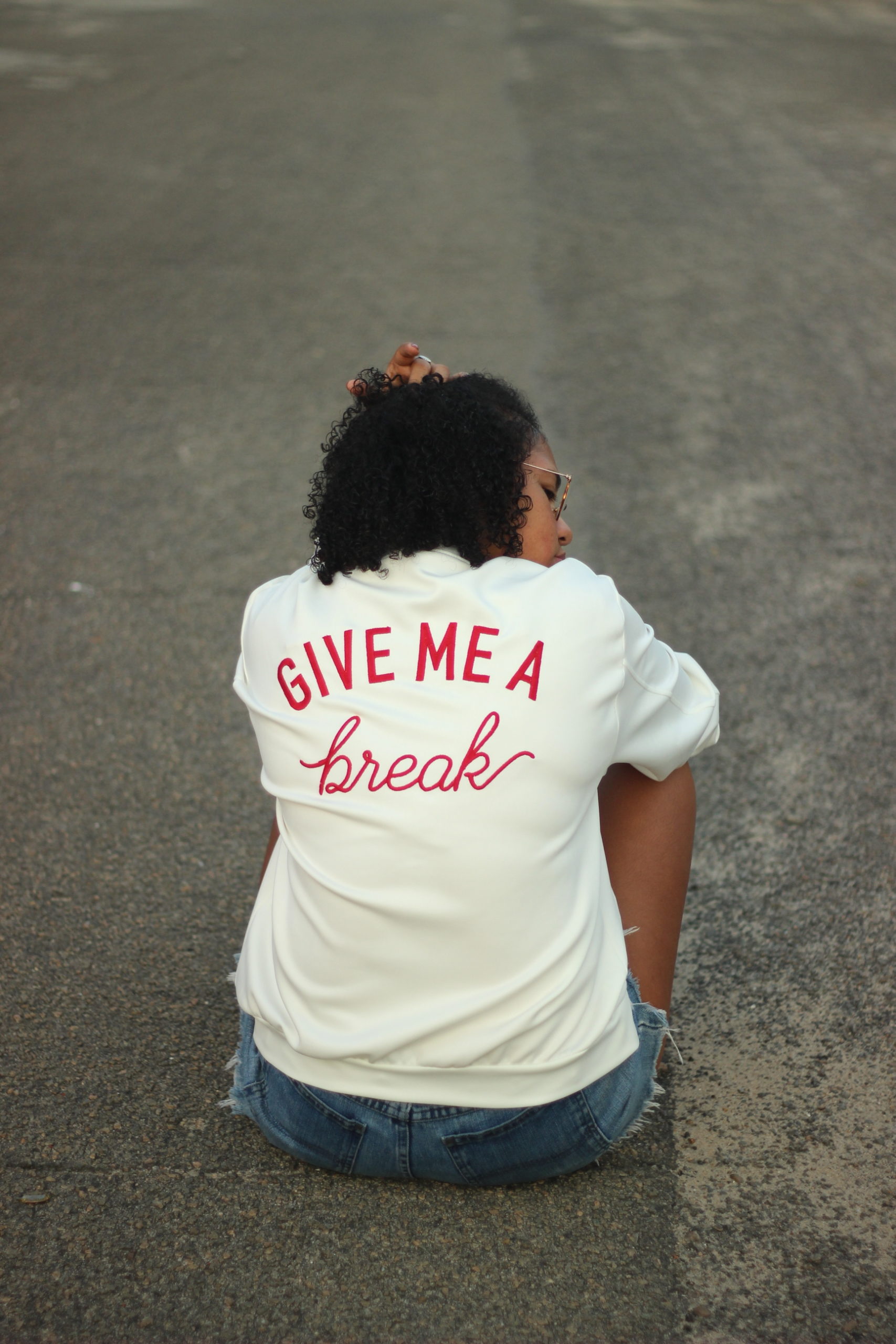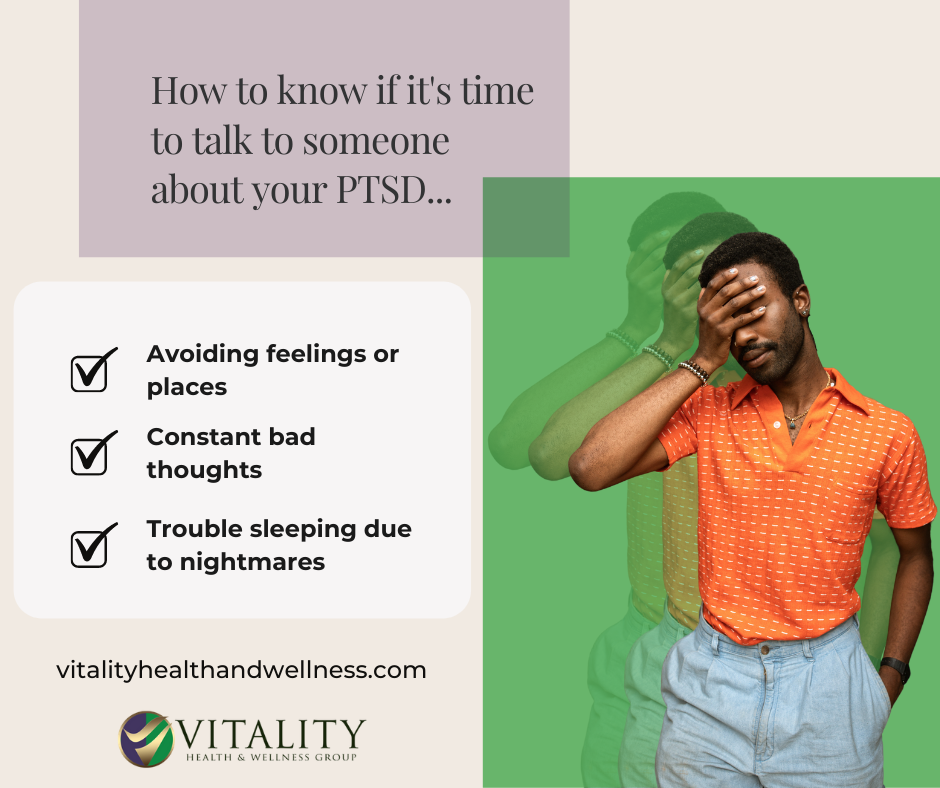In a world where pressures seem to be mounting at every turn, the importance of mental health awareness cannot be overstated, especially when it comes to our children. Every year, National Children’s Mental Health Awareness Day serves as a poignant reminder of the significance of nurturing and safeguarding the mental well-being of our youngest generation.
This day, observed on May 9, 2024, acts as a beacon, illuminating the challenges faced by children dealing with mental health issues and highlighting the resources available to support them. It’s a day for advocacy, education, and above all, compassion.
One of the primary objectives of Children’s National Mental Health Awareness Day is to dispel the stigma surrounding mental health struggles in children. Too often, misconceptions and societal attitudes can lead to shame and silence, preventing children and their families from seeking the help they need. By fostering open dialogue and understanding, we can create a supportive environment where children feel safe to express their emotions and seek assistance when necessary.
Education plays a pivotal role in this process. Parents, caregivers, educators, and healthcare professionals must be equipped with the knowledge and skills to recognize the signs of mental health issues in children and intervene effectively. Early detection and intervention can make a world of difference in a child’s life, setting them on a path towards healing and resilience.
Furthermore, Children’s National Mental Health Awareness Day serves as a platform to advocate for greater access to mental health services for children and adolescents. Unfortunately, many children still face barriers when attempting to access mental health care, whether due to financial constraints, lack of availability, or cultural stigma. As a society, we must work towards breaking down these barriers and ensuring that every child has access to the support they need to thrive.
As we commemorate Children’s National Mental Health Awareness Day, let us reaffirm our commitment to the well-being of our children. Let us stand together as a community, offering support, empathy, and hope to those who need it most. Together, we can create a brighter future for our children—one where their mental health is valued, prioritized, and protected.
In the words of Fred Rogers, “Anything that’s human is mentionable, and anything that is mentionable can be more manageable.” Let us continue to shine a light on children’s mental health, ensuring that every child knows they are seen, heard, and loved.







